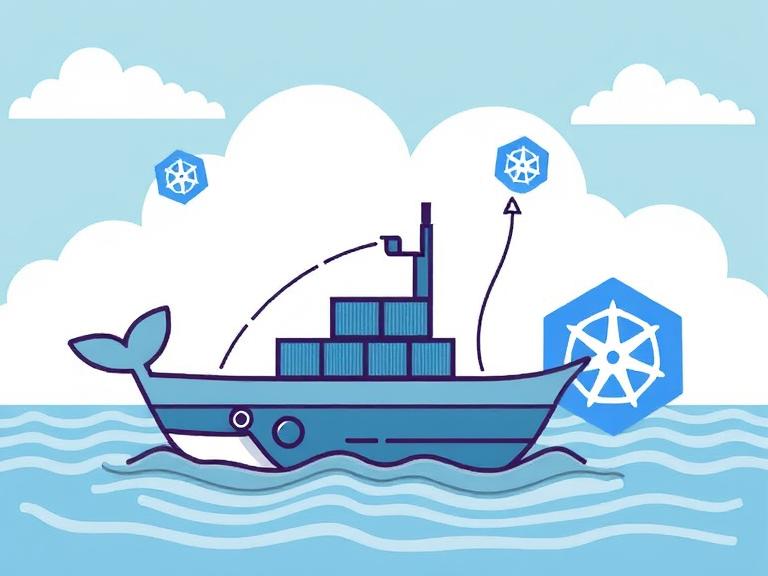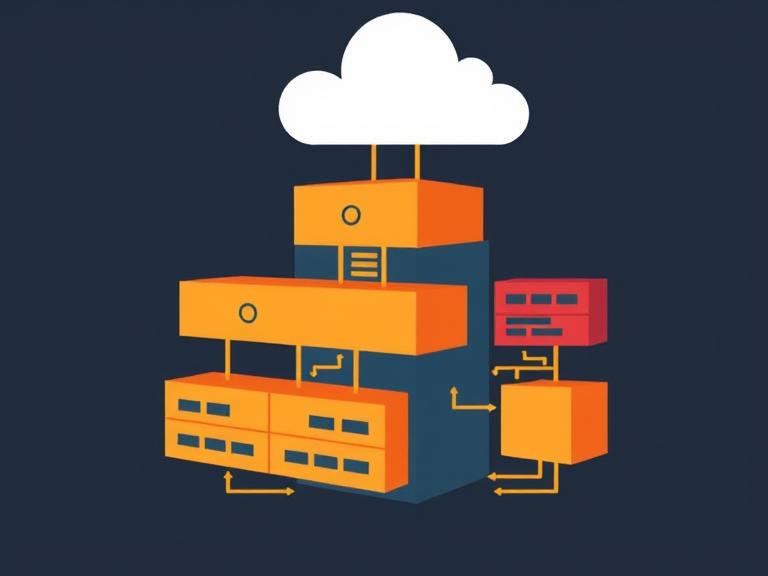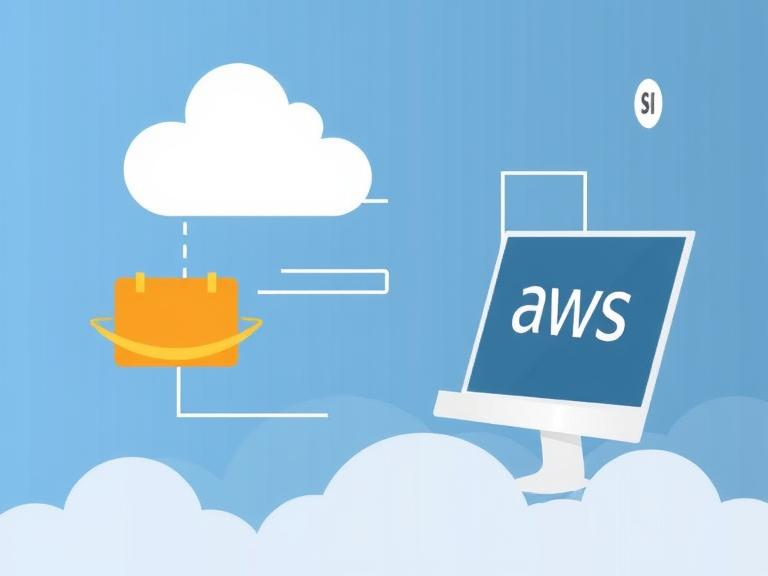Amazon Web Services (AWS), Microsoft Azure, and Google Cloud Platform (GCP) are the top three cloud providers globally. Each offers a suite of services, but they differ in approach, features, and pricing. Understanding their differences can help you choose the right platform for your needs.
AWS
- The oldest and most mature cloud provider.
- Extensive service offerings: compute (EC2), storage (S3), databases (RDS, DynamoDB), and more.
- Strong third-party ecosystem and community support.
- Best for startups, enterprises, and hybrid solutions.
Azure
- Integrated deeply with Microsoft products (e.g., Office 365, Windows Server, Active Directory).
- Popular in enterprise environments and government sectors.
- Excellent for .NET applications and hybrid cloud solutions.
- Offers Azure DevOps for CI/CD and automation.
Google Cloud (GCP)
- Known for powerful data, AI, and machine learning services.
- BigQuery for analytics, TensorFlow integration, and superior Kubernetes support.
- Competitive pricing with aggressive discounts.
- Great for startups and data-driven projects.
Key considerations when choosing a platform:
- Familiarity with provider tools and services.
- Specific project requirements (e.g., ML, compliance, legacy systems).
- Pricing models and cost optimization.
- Global data center availability.
Ultimately, all three platforms are capable. Some companies even adopt a multi-cloud strategy to avoid vendor lock-in and increase flexibility. Learning any of them will give you a strong foothold in today’s cloud-first world.



Leave a Reply